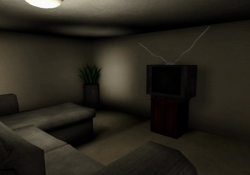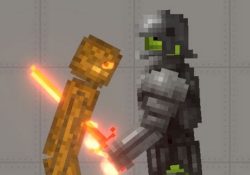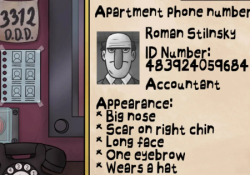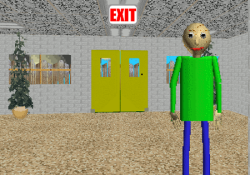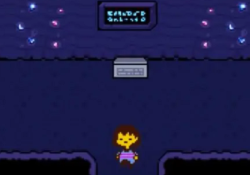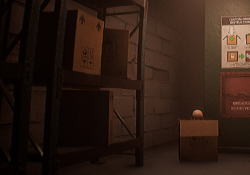Suck Up is a game that reimagines stealth through social interaction, putting players in control of a vampire trying to survive without raising suspicion. Instead of sneaking through shadows, you engage in casual conversation with unsuspecting residents. The goal is to be welcomed into their homes under false identities, giving you the chance to feed and blend in. The structure is simple, but the variation comes from how each encounter unfolds differently based on what you say and how you act.
Conversations As Gameplay
In this game, dialogue is your most powerful tool. Each character you meet responds in their own way, influenced by your outfit, timing, and personality. You may pretend to be a neighbor, a technician, or even a lost tourist. The challenge is to stay believable without drawing too much attention. The game doesn’t rely on scripted lines—instead, it uses real-time conversation models that shape each interaction uniquely.
What You Can Do During A Session
Success in Suck Up depends on combining various actions:
- Approach characters with a chosen disguise
- Engage in improvised conversations to earn trust
- Enter homes once invited and feed without alerting others
- Evade police or concerned neighbors if things go wrong
- Use abilities like transformation to escape detection
This mixture of choices gives each attempt a different rhythm. Mistakes can be recovered from, but only if you act quickly and choose your next words carefully.
Shifting Situations, Unexpected Outcomes
The behavior of characters shifts depending on the way they perceive you. Some will be friendly, others suspicious, and some may alert others if they sense anything strange. The environment reacts to your decisions—people talk, rumors spread, and attention builds. This forces you to adapt constantly and consider how to succeed and how to avoid drawing patterns others can trace.
Suck Up turns a vampire survival concept into a strategy of influence and quick thinking. The unpredictability of each encounter keeps players engaged, making every conversation feel like a puzzle. With no set path and no guaranteed response, your success comes from adapting in real time. It’s a game where your voice becomes your weapon, and your next sentence might decide whether you’re let inside—or chased out.





